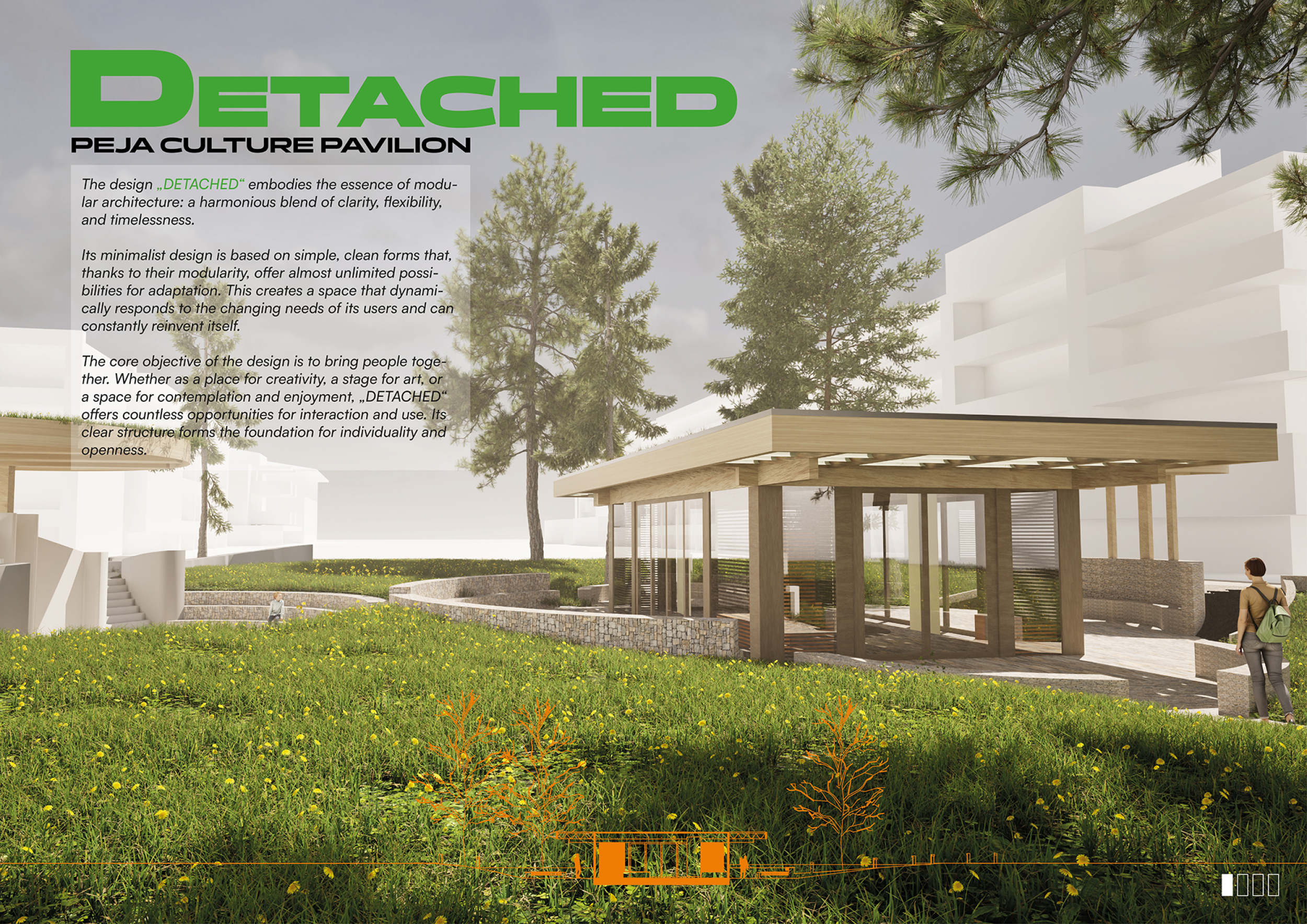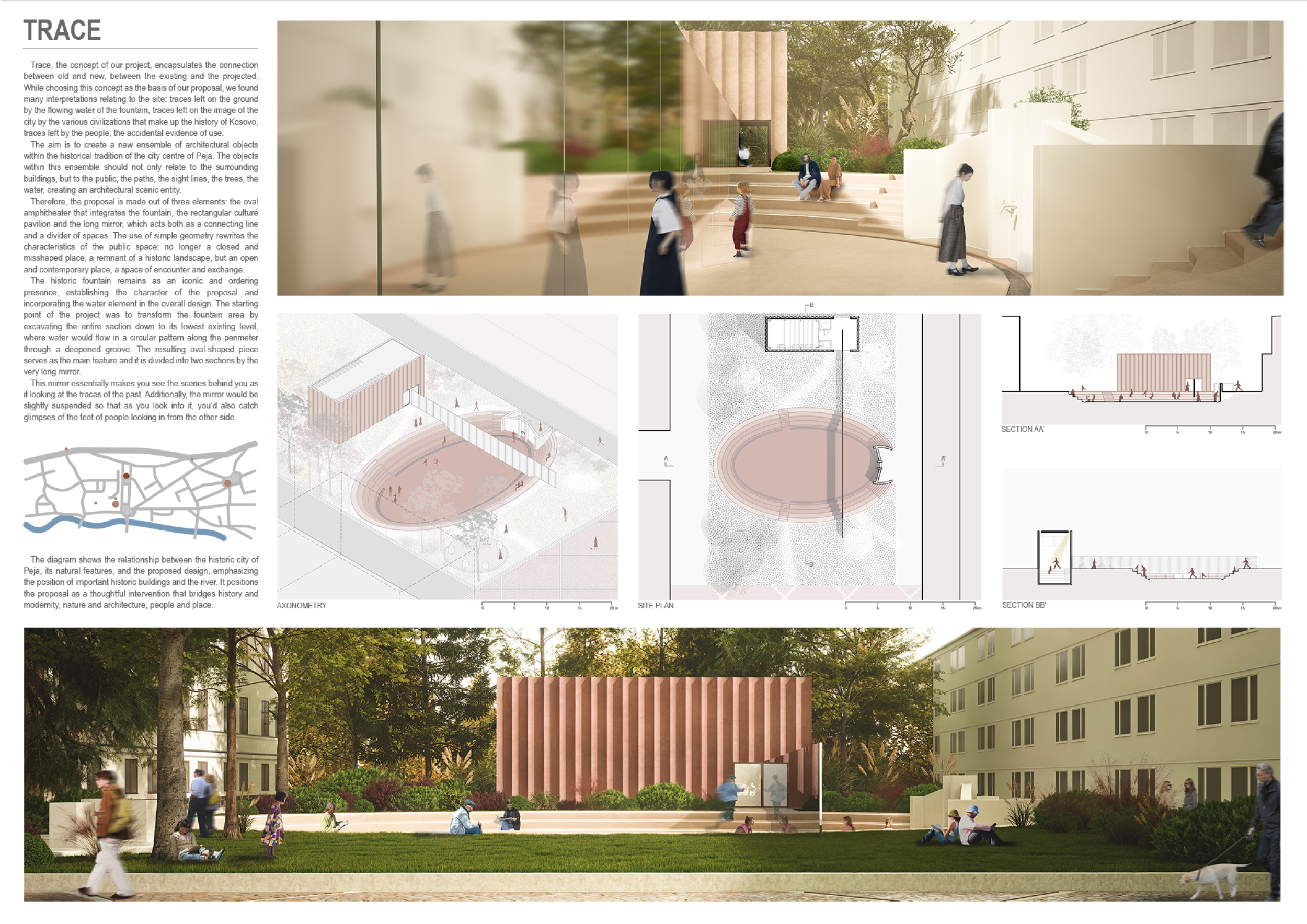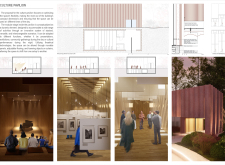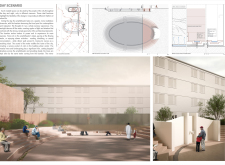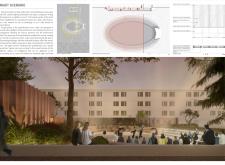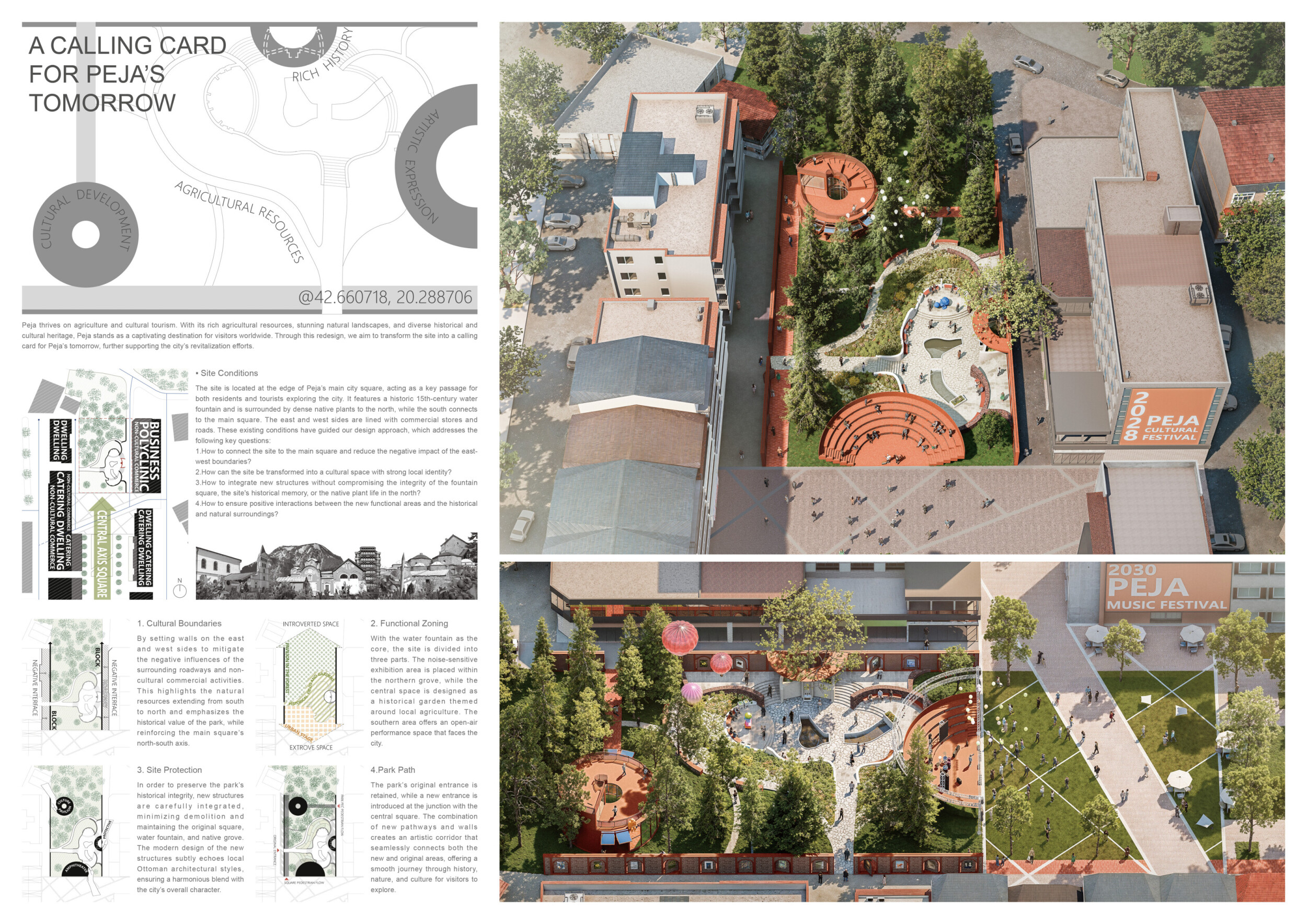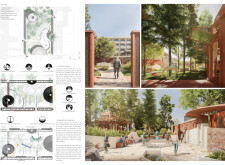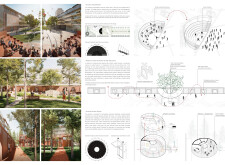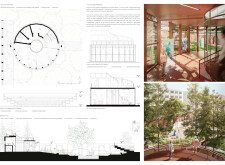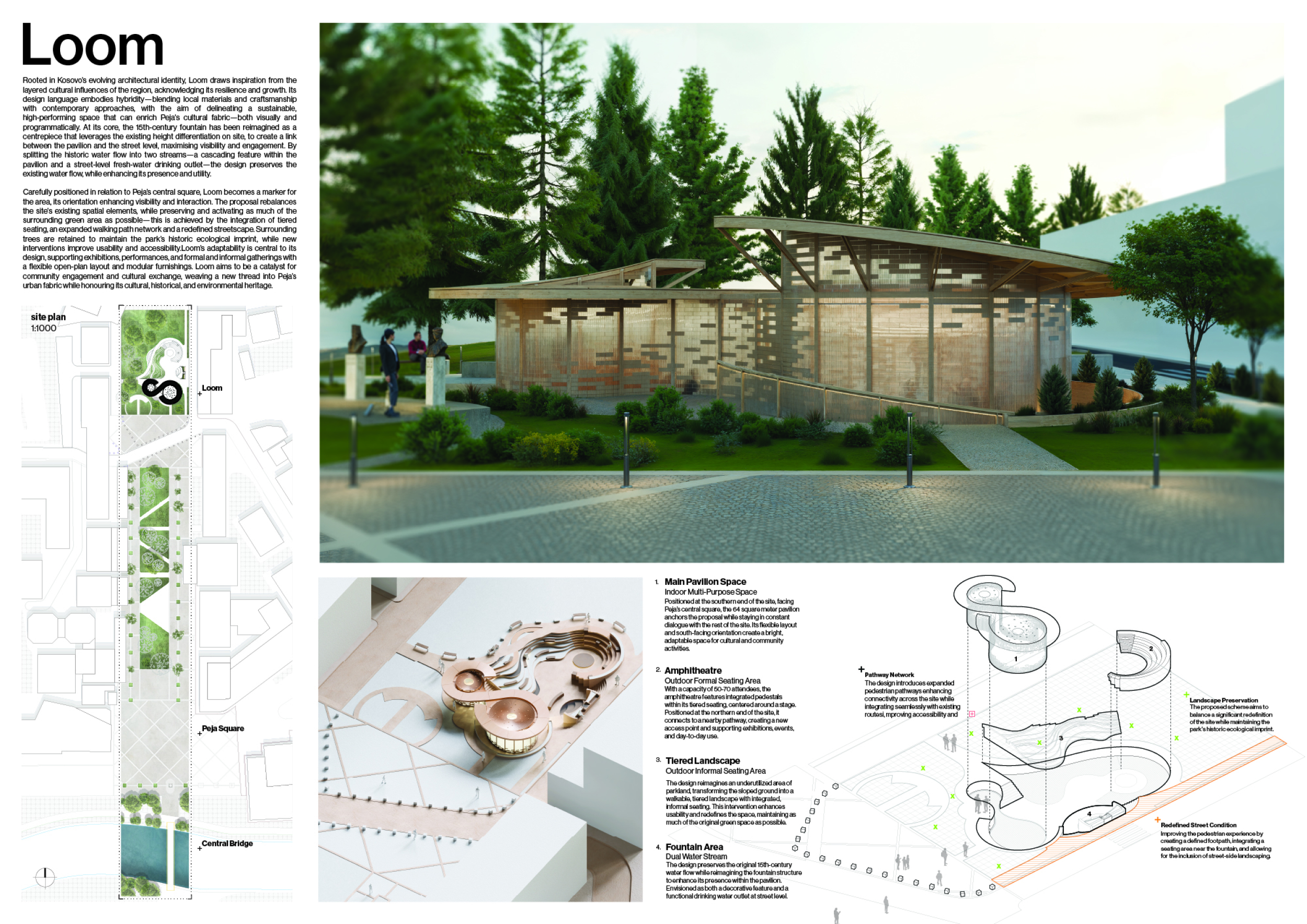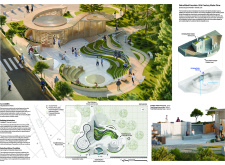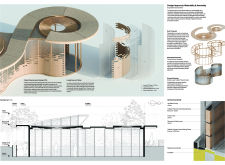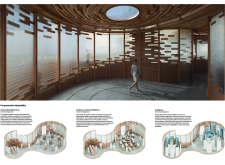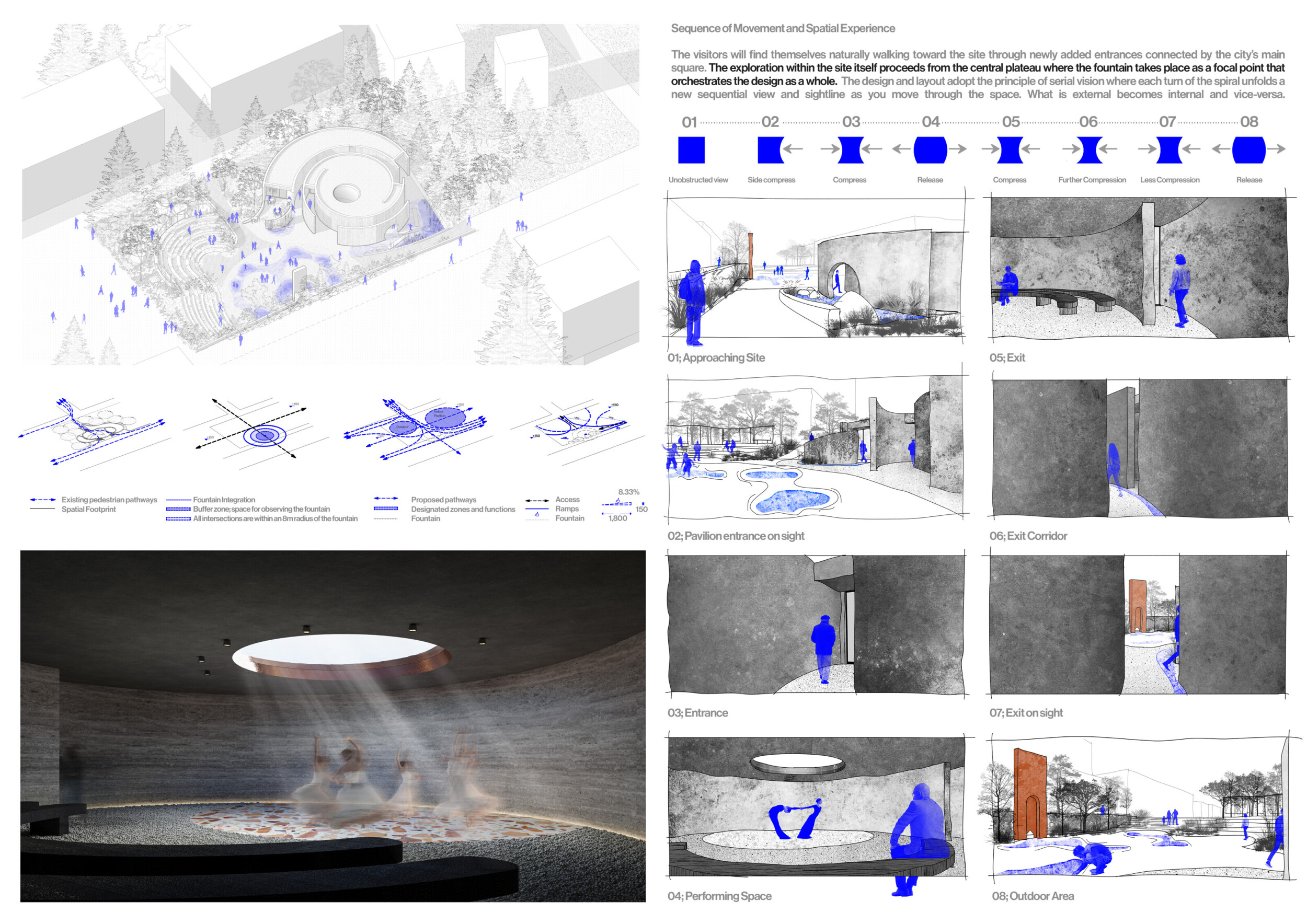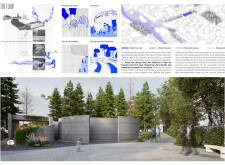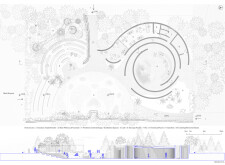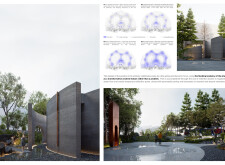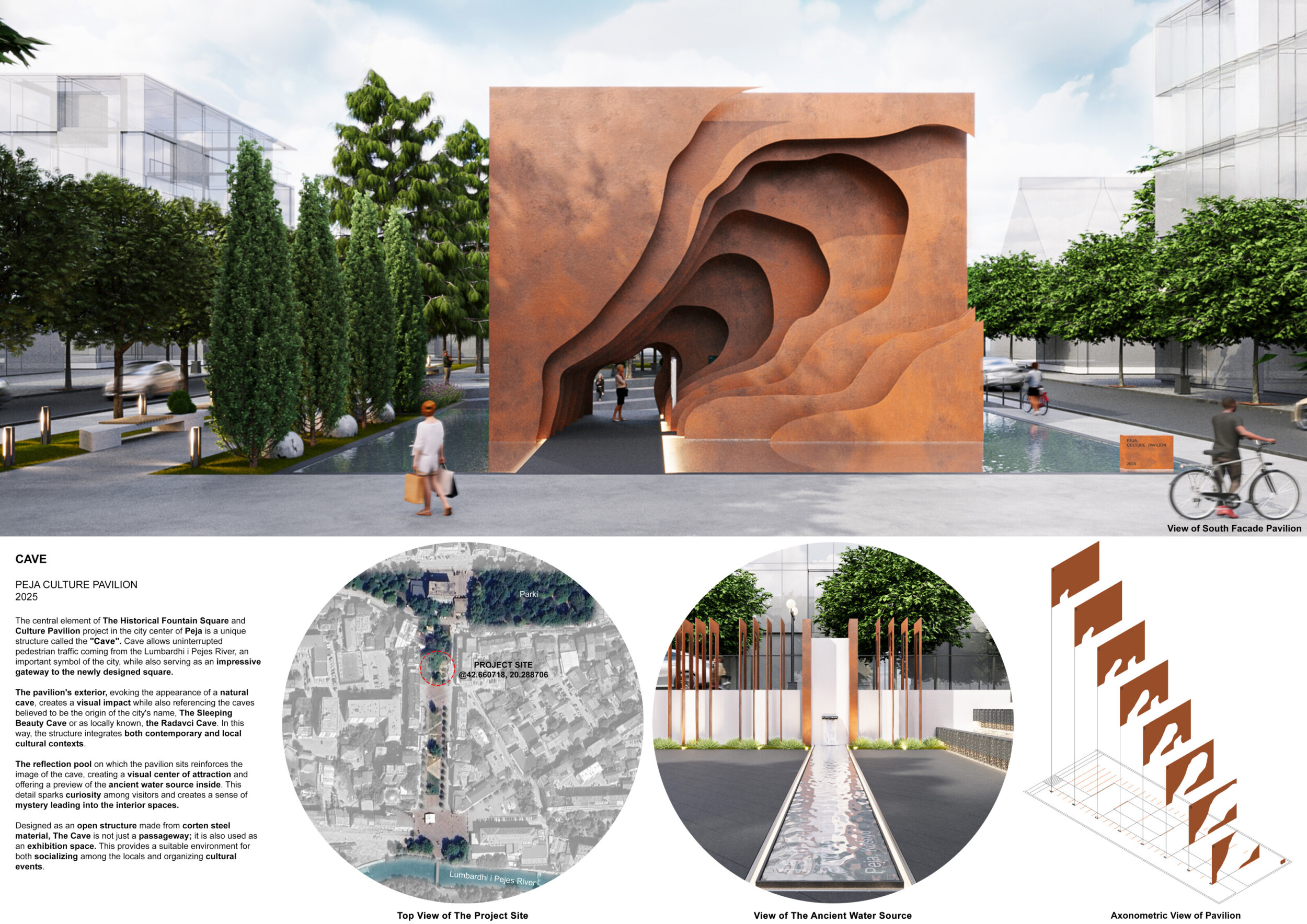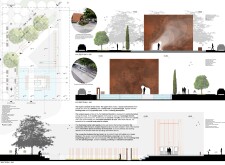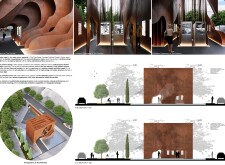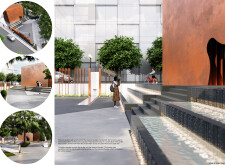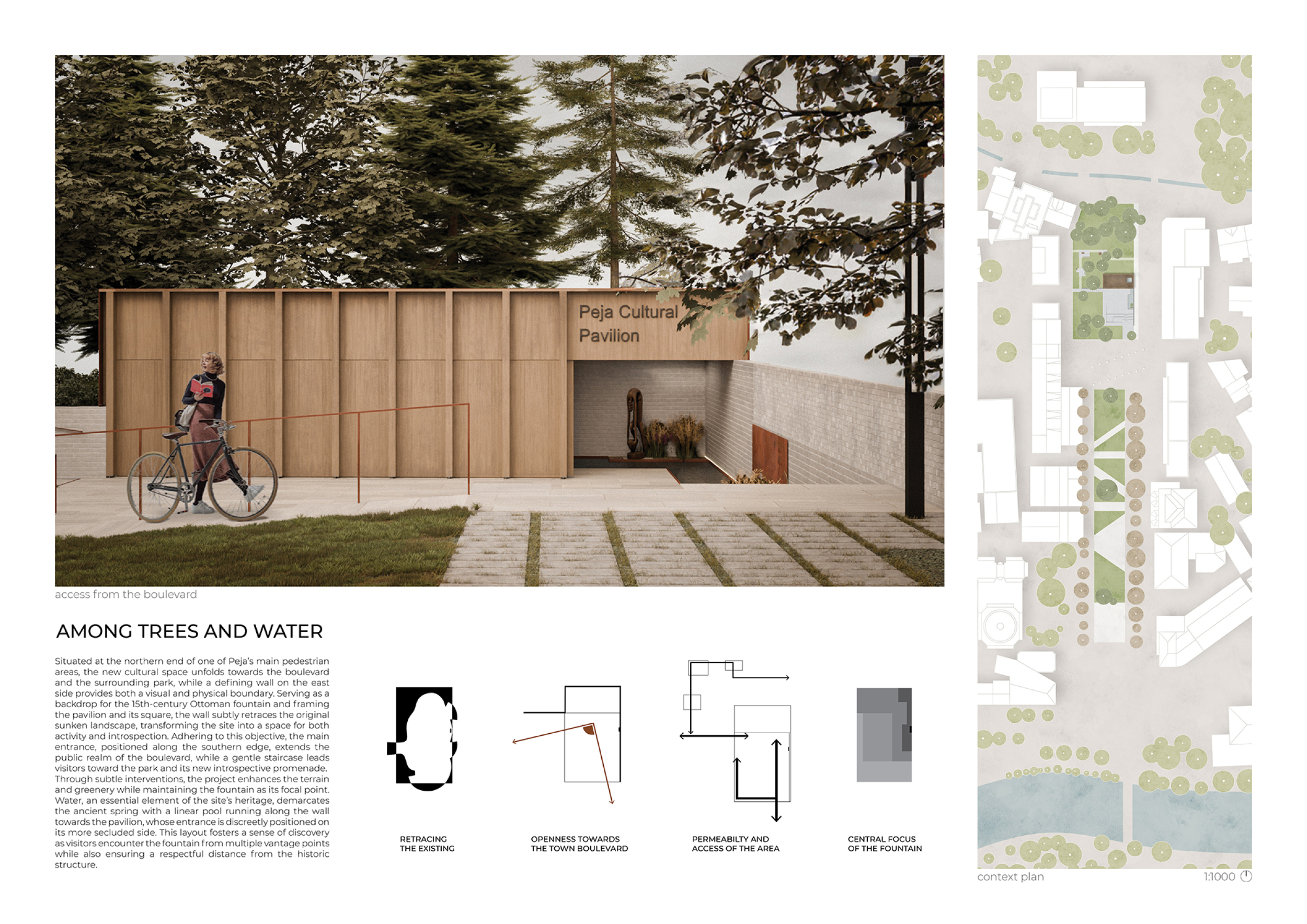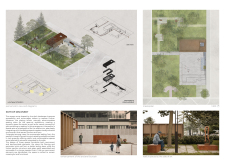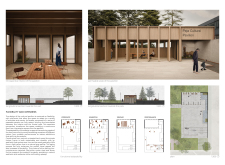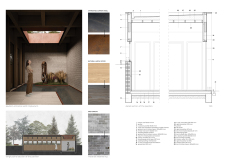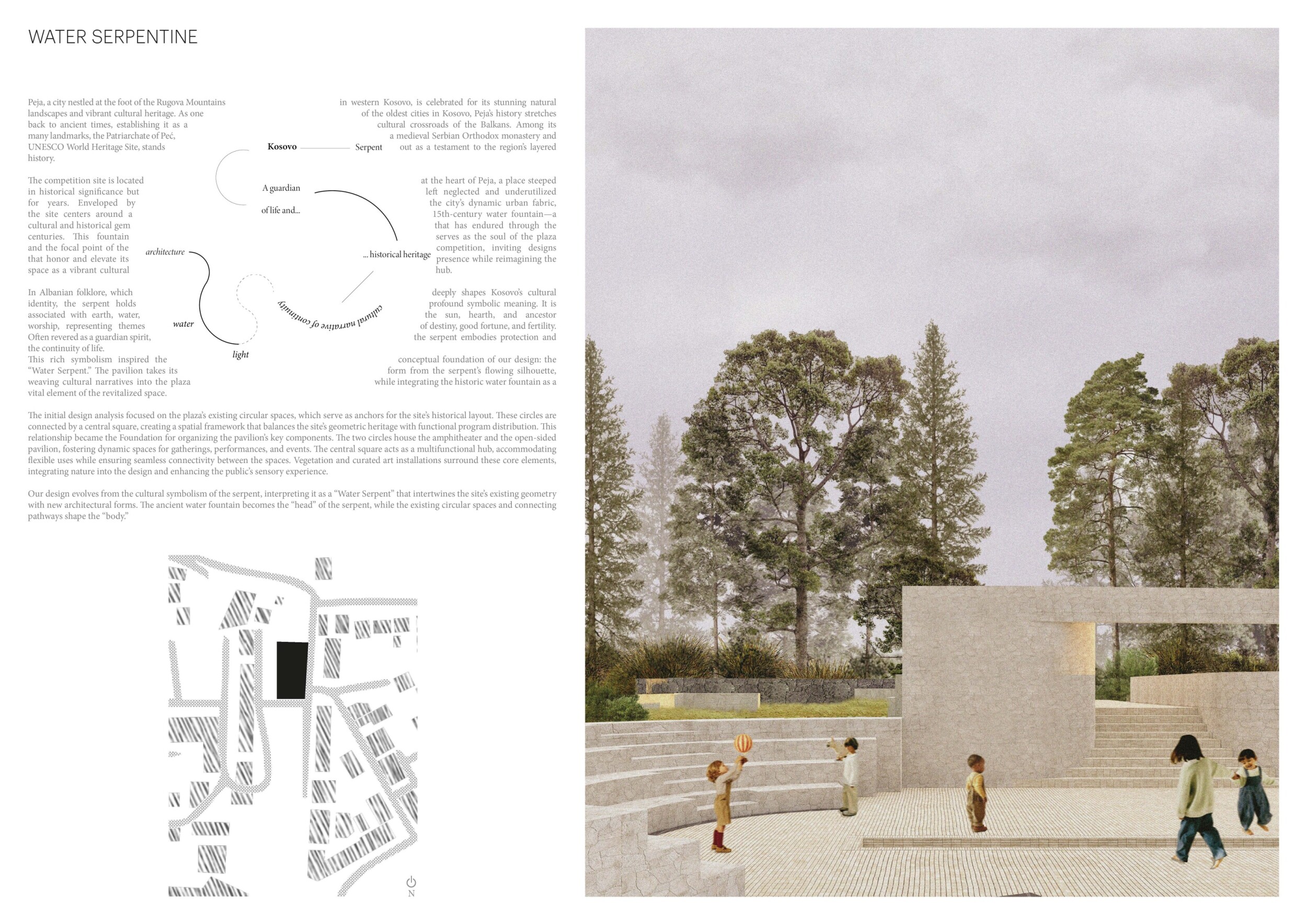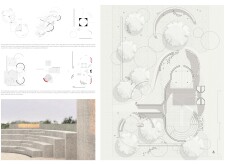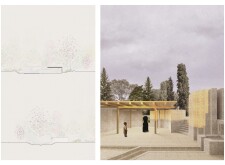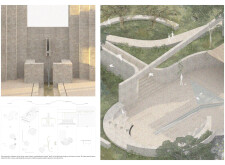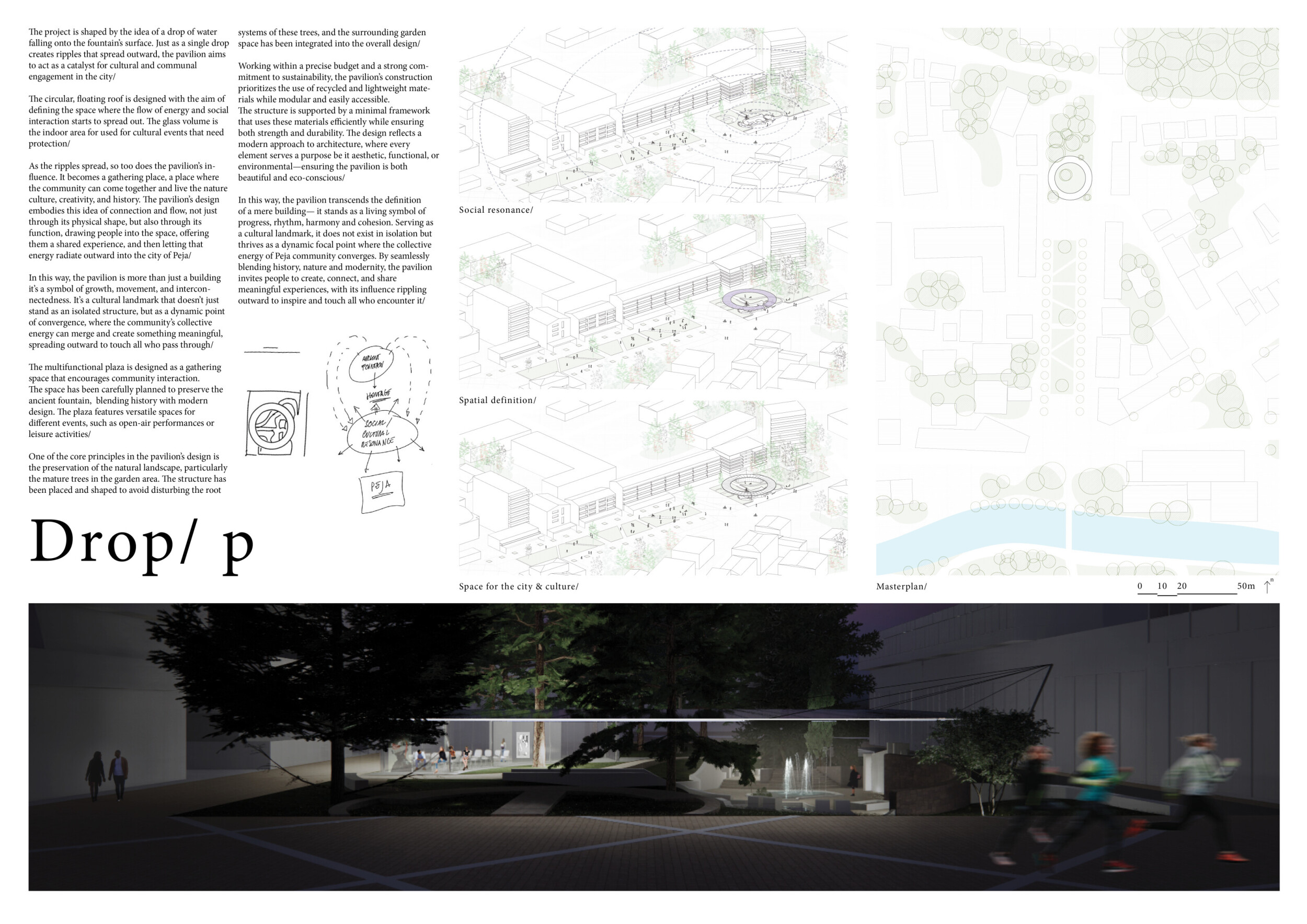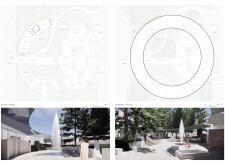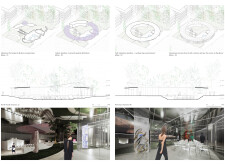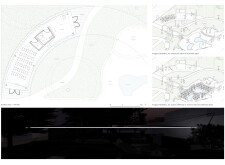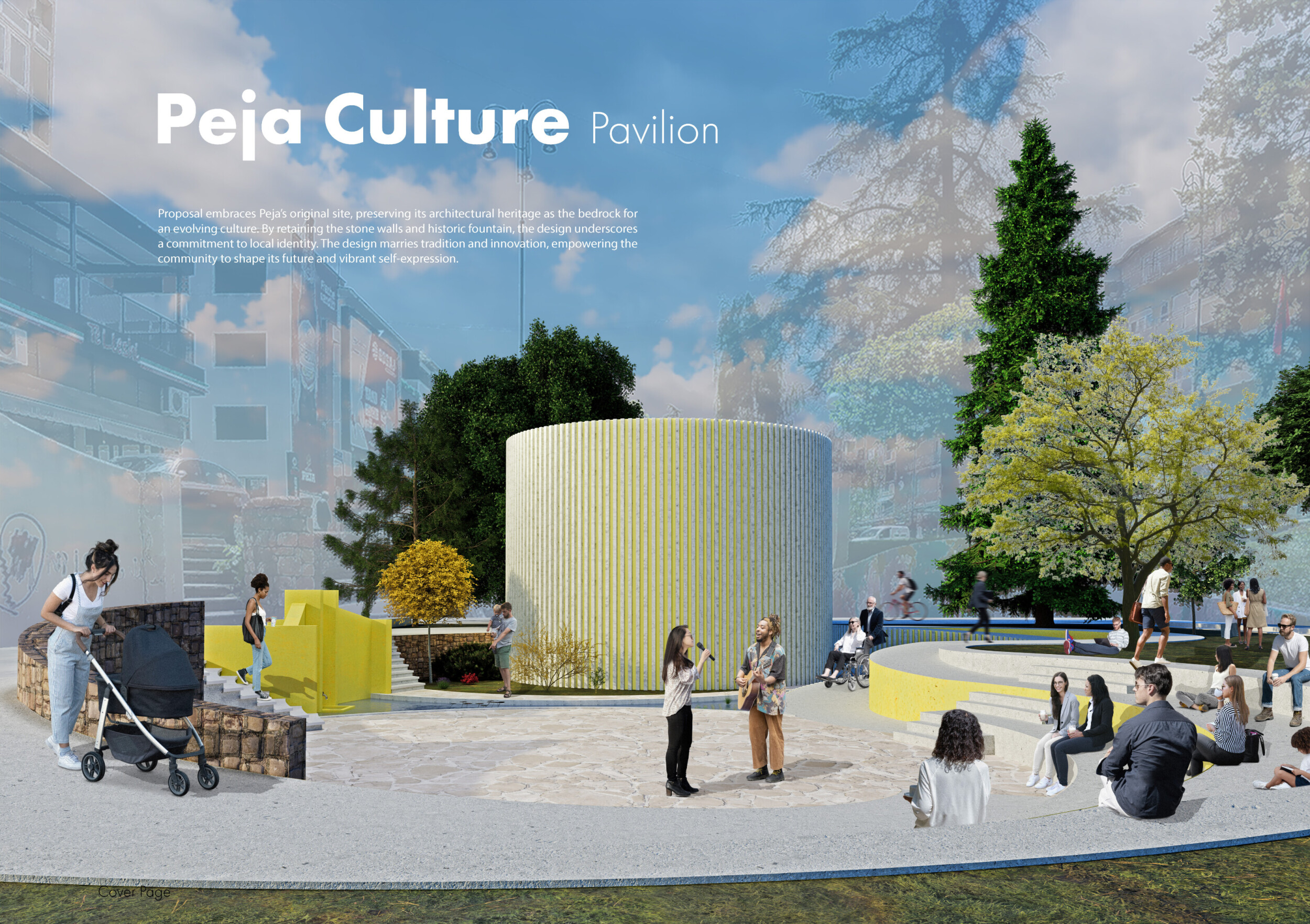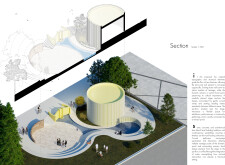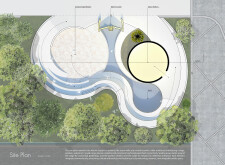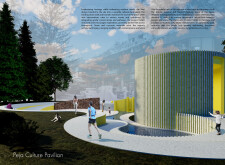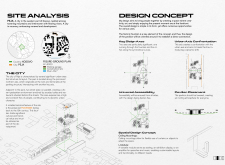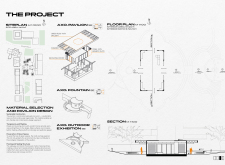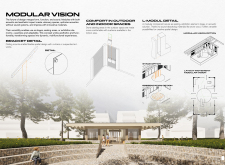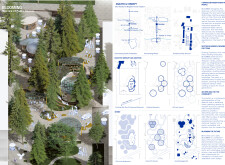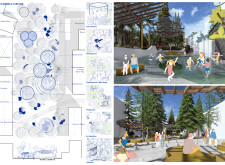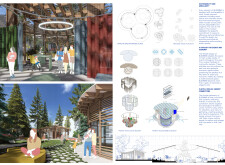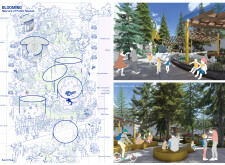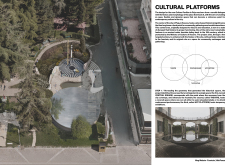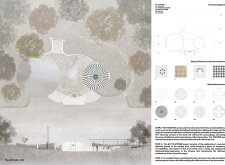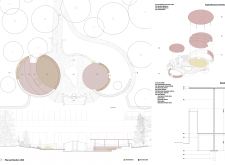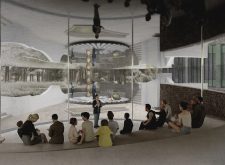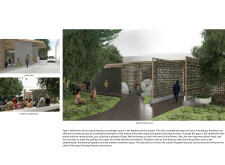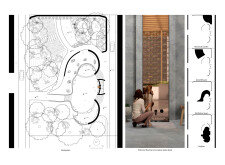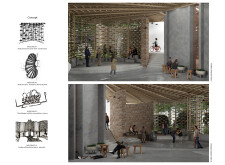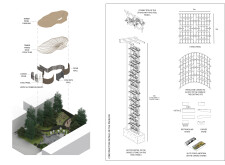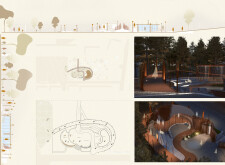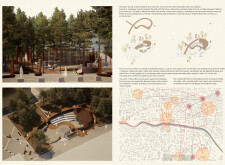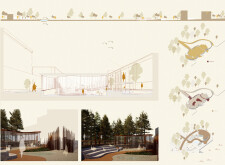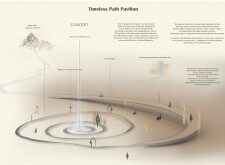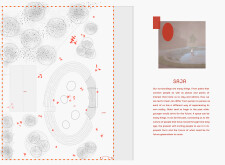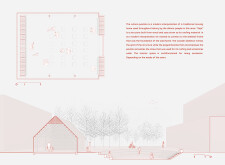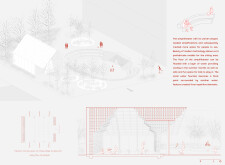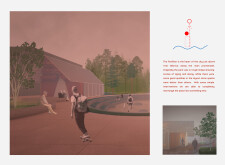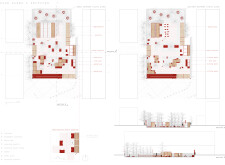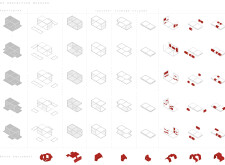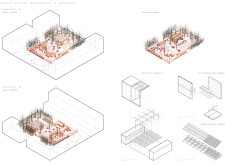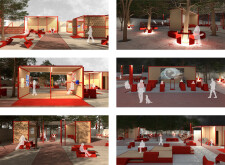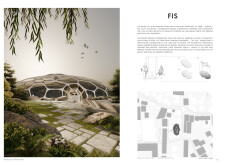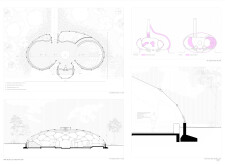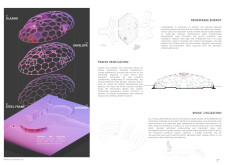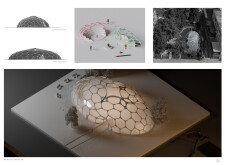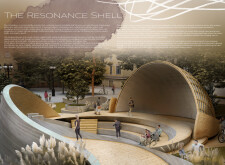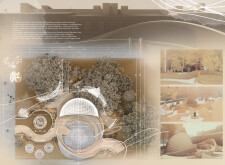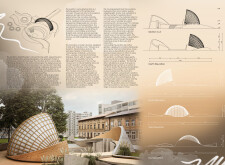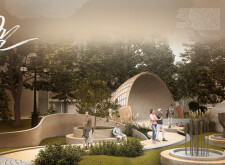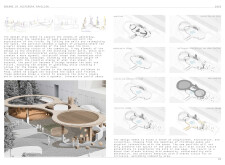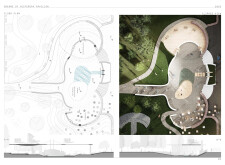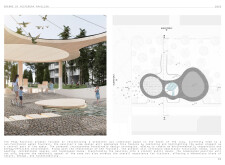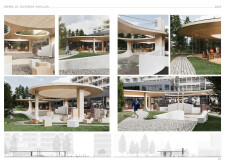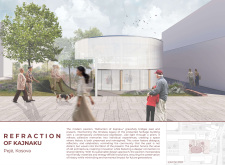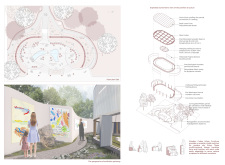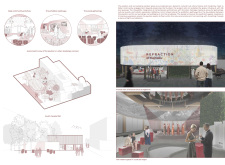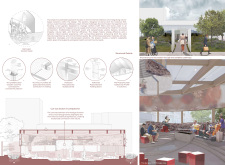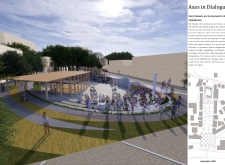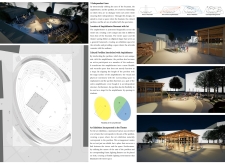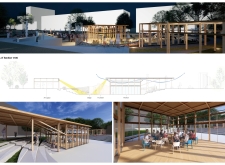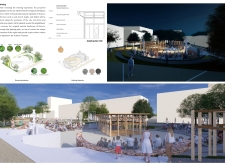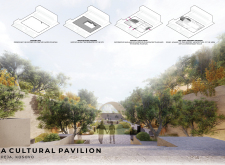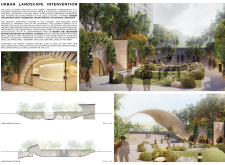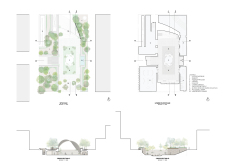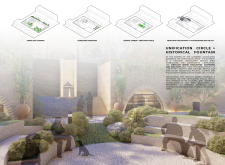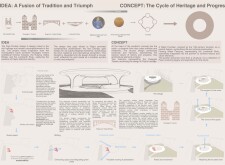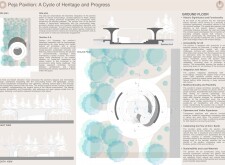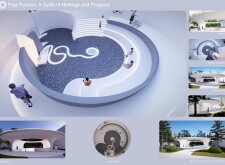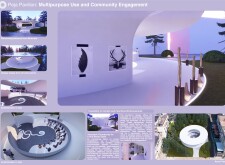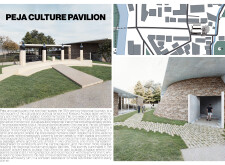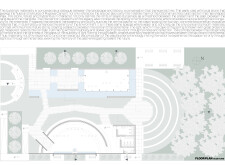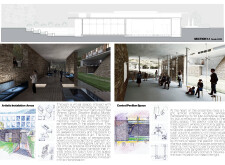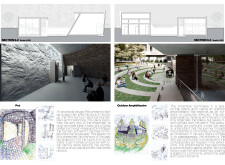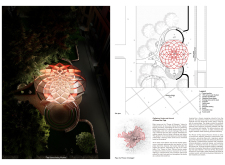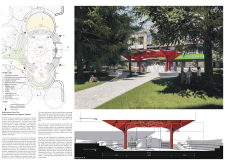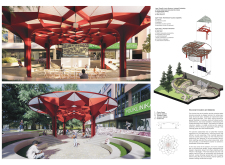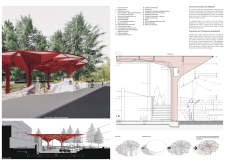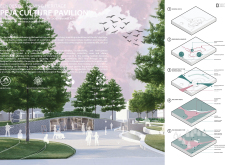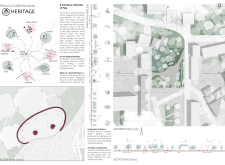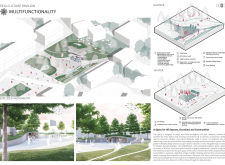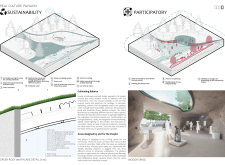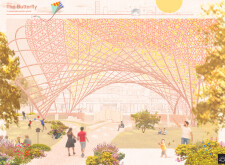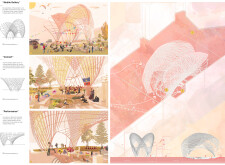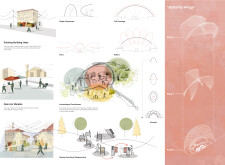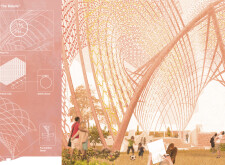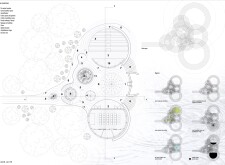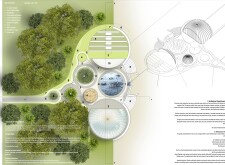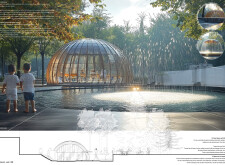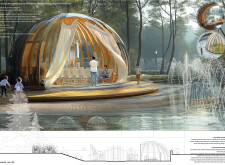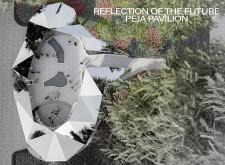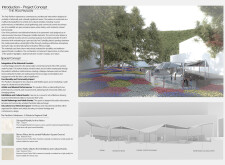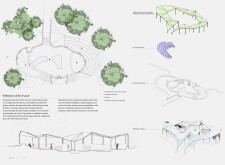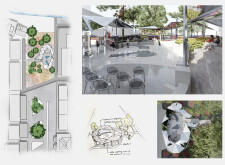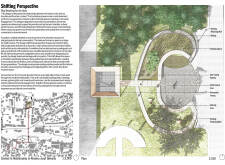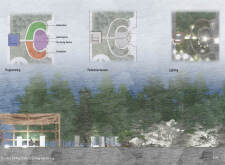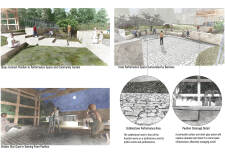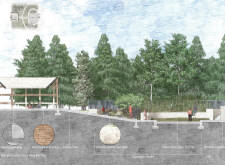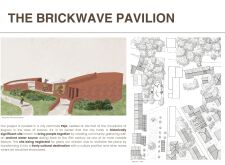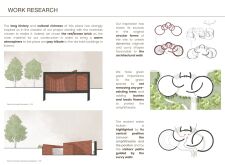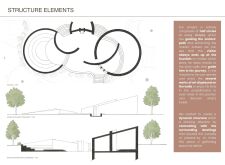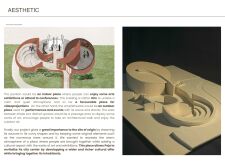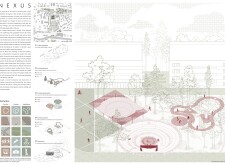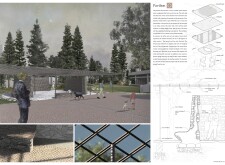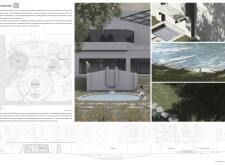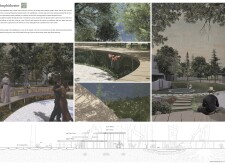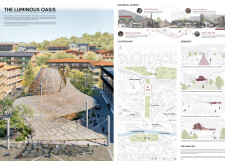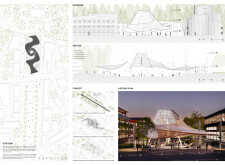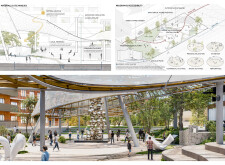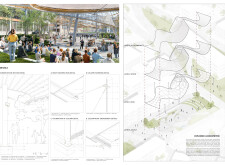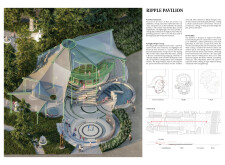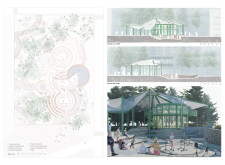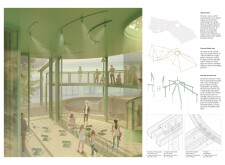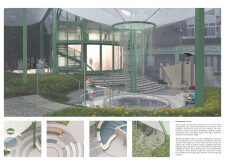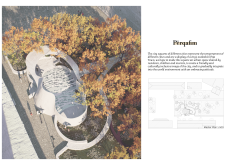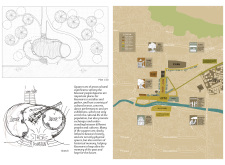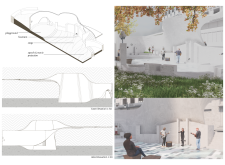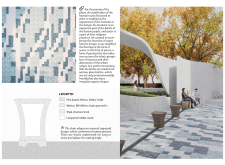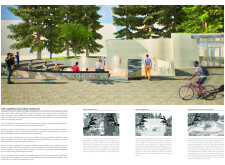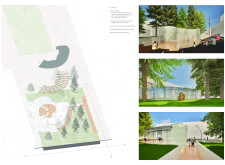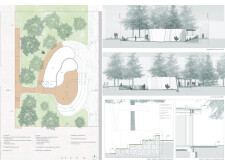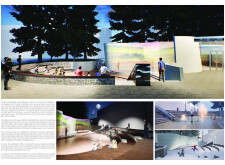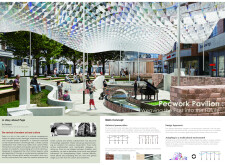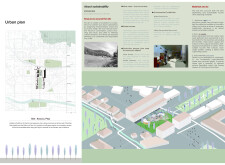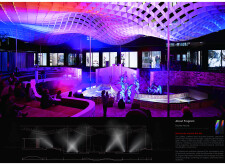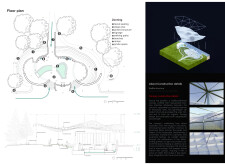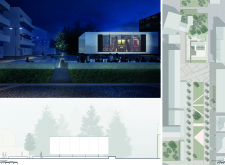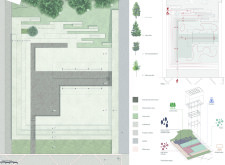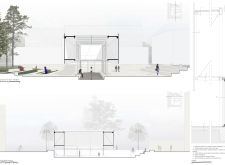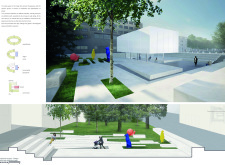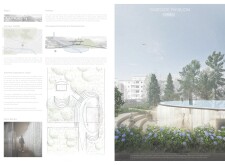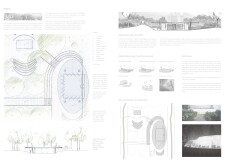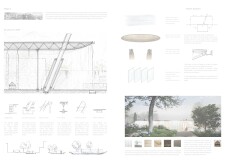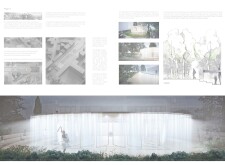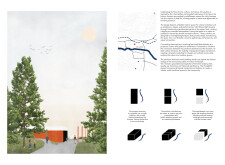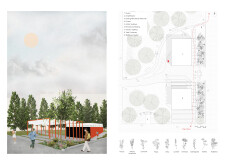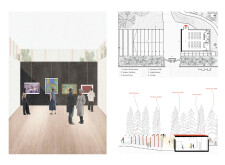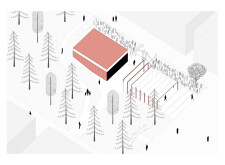Introduction
Buildner is excited to announce the results of the Peja Culture Pavilion Competition!
This international competition invited architects and designers to reimagine a historically significant site in the heart of Peja, Kosovo. The challenge was to integrate a 15th-century water fountain into a contemporary public pavilion, revitalizing the area as a dynamic cultural and social hub. Participants were encouraged to merge historical preservation with modern design, creating a space that respects Peja’s rich heritage while serving its evolving community needs.
The competition sought innovative proposals that balance tradition and modernity, incorporating sustainable materials, flexible programming, and thoughtful urban integration. The pavilion was envisioned as a gathering space for social events, artistic performances, and cultural activities—enhancing Peja’s identity while contributing to its future.
Buildner collaborated with an esteemed international jury to evaluate the submissions based on their creativity, feasibility, and ability to enhance public life while preserving the historical significance of the site:
Sandra Baggerman – Designer at the New York office of Trahan Architects, working on a range of cultural and public projects
Hildur Isdal – Icelandic architect specializing in adaptive reuse and sustainable urban strategies
Florina Jerliu – Associate Professor at the University of Prishtina, expert in urban planning and cultural heritage, with extensive experience in architectural conservation
Luise Marter – Collaborator with KWY studio in Lisbon, working on multidisciplinary projects and emphasizing collaboration and process-driven methodology in practice
Gazmend Muhaxheri – Mayor of Peja Municipality, construction engineer, and longtime advocate for regional urban development
Harrison Stallan – Architect at the Office for Metropolitan Architecture (OMA) in Rotterdam, Netherlands, with experience designing public projects
Blake T. Smith – Educator and former Associate Senior Designer at BIG – Bjarke Ingels Group
Buildner and its jury extend their gratitude to all participants for their inspiring contributions and congratulate the winners on their exceptional designs. We look forward to seeing how architecture can continue to shape the cultural and urban landscape of Peja.
We sincerely thank our jury panel
for their time and expertise
Winka Dubbeldam
Archi-Tectonics
USA

Sandra Baggerman
Trahan Architects
USA

Daniela Holt Voith
principal and director of design, Voith & Mactavish Architects
United States

Hildur Isdal
Ísdal Arkitektúr
Iceland

Florina Jerliu
University of Prishtina
Kosovo

Luise Marter
KWY studio
Portugal

Gazmend Muhaxheri
Peja Municipality
Kosovo

Harrison Stallan
OMA
Netherlands

Blake T. Smith
BIG – Bjarke Ingels Group
United States

1st Prize Winner +
Buildner Student Award
Buildner Student Award
Trace
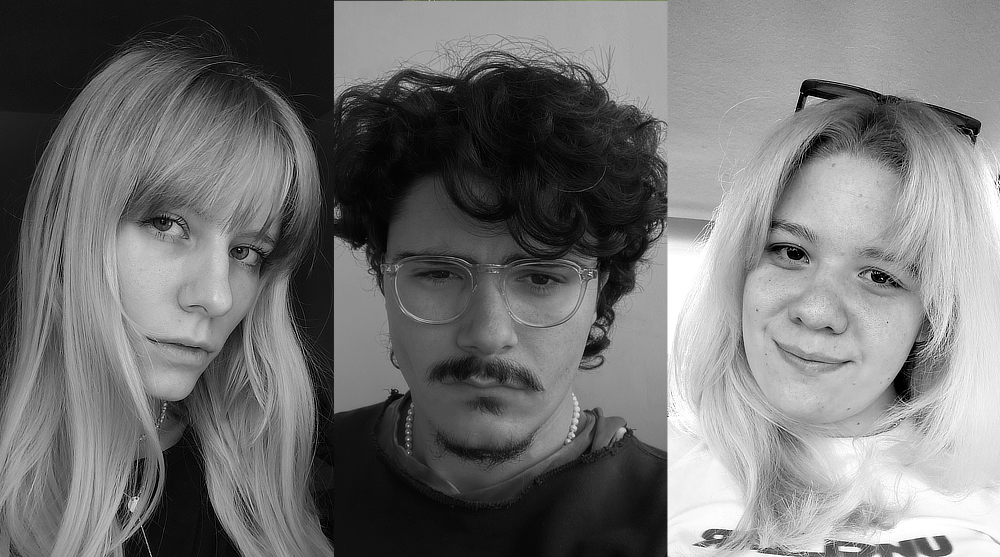
We think it is important to mention that this was our first time participating in an architecture competition, but certainly not the last. This experience taught us that entering a competition is both exciting and demanding, pushing us to step out of our comfort zones and apply our knowledge in a highly competitive environment. We see these competitions as opportunities to receive feedback from experienced architects and connect with diverse perspectives from around the world.
Read full interview Romania
Romania
Jury feedback summary
Trace explores the relationship between historical and contemporary urban elements by integrating an oval amphitheater and a cultural pavilion within the existing public space. The design adapts the former fountain site into a multi-functional gathering area, utilizing a mirror element to create visual continuity and reflect the surrounding context. Read more The amphitheater serves as a social hub, offering a quiet, meditative space during the day and an illuminated venue for performances at night, with tiered seating designed for optimal visibility and acoustic performance. The pavilion is conceived as a flexible structure, incorporating movable panels and adaptable stage elements to accommodate exhibitions, performances, and community events. Architectural strategies focus on enhancing spatial fluidity, passive cooling through shaded areas, and material choices that harmonize with the urban environment. The intervention aims to reconnect historical layers of the city while providing a contemporary space for public interaction and cultural activities.

The project beautifully encapsulates the competition's goals of blending historical preservation with contemporary design. The use of mirrored surfaces to reflect both the community and the historical context creates a layered and immersive experience. The amphitheater's flexibility and the pavilion's modular design demonstrate a clear understanding of functional adaptability, making this proposal a strong contender for creating a vibrant and engaging cultural hub in Peja.
Harrison Stallan / Buildner guest jury
OMA, Netherlands

A beautifully layered design that thoughtfully accommodates diverse uses and considers how people engage with the space throughout the day. The proposal elevates the square in multiple ways, enhancing both its program and user experience in a captivating manner. While the graphic representation could be further refined, the concept shines in its ability to bring new life to the square and its surroundings.
Sandra Baggerman / Buildner guest jury
Trahan Architects, USA

The project elegantly resolves complex programmatic demands within a small space through a bold geometric gesture, making for a clever and convincing solution. By submerging the programme with the amphitheater, the design creates the sensation of entering an urban void, offering a surprising sense of openness and space.
Luise Marter / Buildner guest jury
KWY studio, Portugal

This proposal uses simple geometries, materials, and textures elegantly composed to create a variety of useful and poetic spaces. The reflective dividing wall bisects the elliptical bowl showing reverence to the historical fountain by creating intimacy while the other side is generously scaled for gathering. Inside the pavilion, technology is used to create a transformable space that rises to the ambition of the brief and would surely be a prized cultural space for the city.
Blake T. Smith / Buildner guest jury
BIG – Bjarke Ingels Group, United States
Buildner's commentary, recommendations and techniques review
Order your review here
Across four sheets, the author effectively balances rich detail and striking imagery without overwhelming the viewer. The renderings are exceptional, skillfully capturing light, shadow, color, and ambiance while seamlessly integrating historical context. Thoughtful color balance, combined with materials, lighting, and animation, creates focal points that draw the eye and encourage close examination. Read more The line drawings maintain a clear, diagrammatic quality, while the sections and elevations remain precise and readable. Although the text is dense and unlikely to be read in full by jurors, the presentation as a whole is compelling and offers valuable insights.
-
8/10 Linework

-
10/10 Quality of drawings

-
10/10 Balance of color

-
9/10 Layout

-
10/10 Hierarchy

-
9/10 Annotation

-
8/10 Text

-
10/10 Clarity of story

-
10/10 Clarity of diagrams

-
9/10 Quality of overall presentation

Enter an open architecture competition now
2nd Prize Winner +
Buildner Sustainability Award
Buildner Sustainability Award
A Calling Card for PEJA’s Tomorrow
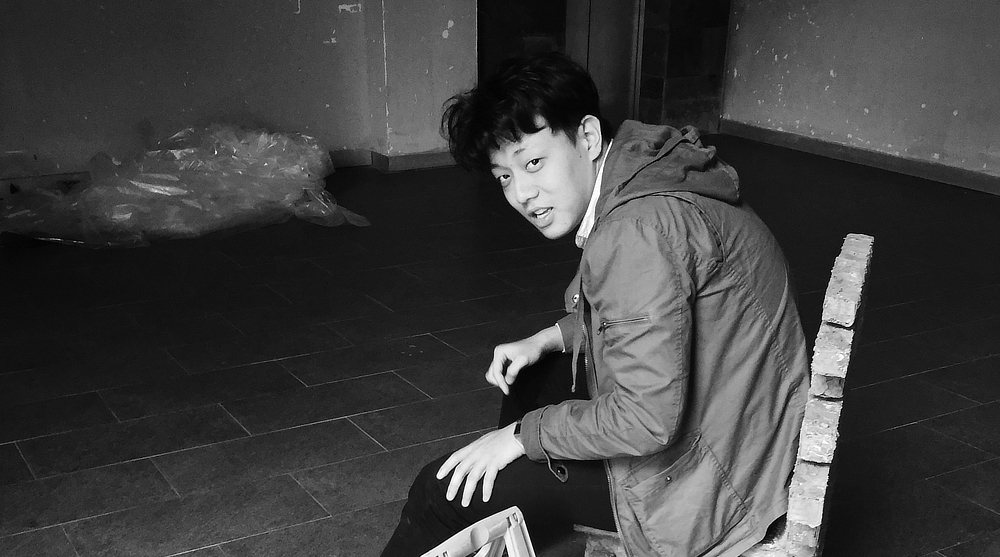
Participating in architectural competitions is the most significant way to improve personal design abilities.
Read full interviewJury feedback summary
The project envisions the transformation of the historic urban site into a multifunctional public space integrating cultural, ecological, and social elements. Centered around the existing water fountain, the design includes an outdoor amphitheater, a central pavilion, and a landscaped park, creating a dynamic environment for community interaction, exhibitions, and performances. Read more The amphitheater features modular seating and an adaptable stage, allowing for various event formats, while the pavilion provides a flexible indoor space for cultural activities. A rainwater harvesting and purification system supports sustainable water management, reinforcing the ecological approach. Circulation pathways are designed to connect different functional zones while preserving the historical and natural character of the site. Construction materials, including weathering steel and expanded metal mesh, are selected for durability and contextual integration. The proposal emphasizes revitalization through landscape interventions, shaded gathering areas, and interactive public installations, positioning the space as a key cultural and social hub within the city.

A successful rehabilitation of the existing space, preserving the design and historical elements of the site as evidence of its past while introducing the necessary additions with minimal impact on the integrity of the space. The proposal also advocates for the protection of the entire park, not just the fountain.
Florina Jerliu / Buildner guest jury
University of Prishtina, Kosovo

The amphitheater is particularly intriguing and fresh, opening towards the city and acting as a welcoming element within the broader urban context (inclusivity), yet, the walls enclose the space, creating an undesired sense of exclusivity. Without these two walls - which, rather than drawing inspiration from history, merely mimic historical architecture - the proposal would offer a much more open, inviting, and pleasant atmosphere in tune with its surroundings.
Florina Jerliu / Buildner guest jury
University of Prishtina, Kosovo

While the project proposes a programmatic density it counterbalances with abundant greenery and a well-designed park. This thoughtful integration creates a welcoming and vibrant public space, poised to become a highly frequented and dynamic part of the city. -Luise Marter This project successfully integrates modular architecture with thoughtful landscape design, creating an inviting and flexible space for the community. The use of adaptable steel structures and the strategic circulation paths enhance the site's usability for diverse programs and activities.
Harrison Stallan / Buildner guest jury
OMA, Netherlands

This project turns the plaza into an urban oasis and takes a clear stance on in addressing the greater context which make it stand out. The architectural elements, however, feel a bit disparate from the overall landscape and urban design and could be better integrated.
Blake T. Smith / Buildner guest jury
BIG – Bjarke Ingels Group, United States

The design's focus on sustainability, including rainwater harvesting and purification, aligns well with contemporary ecological goals. This entry offers a strong vision for how the Peja site could transform into a dynamic cultural and social hub, balancing modern needs with respect for the site's historical context.
Harrison Stallan / Buildner guest jury
OMA, Netherlands
Buildner's commentary, recommendations and techniques review
Order your review here
The renderings in this presentation are of exceptional quality, effectively complementing the detailed line drawings. The aerial views stand out, offering a fresh and dynamic perspective on the public space that feels both engaging and inspiring. However, the organization of text lacks clarity, with no clear distinction between subtitles, body text, and annotations, making it difficult for the reader to navigate the content. Read more The use of color is particularly strong, with a thoughtful balance of greens and red-orange tones that add depth and visual richness to the composition.
-
9/10 Linework

-
10/10 Quality of drawings

-
10/10 Balance of color

-
9/10 Layout

-
10/10 Hierarchy

-
9/10 Annotation

-
8/10 Text

-
10/10 Clarity of story

-
10/10 Clarity of diagrams

-
9/10 Quality of overall presentation

3rd Prize Winner
Loom
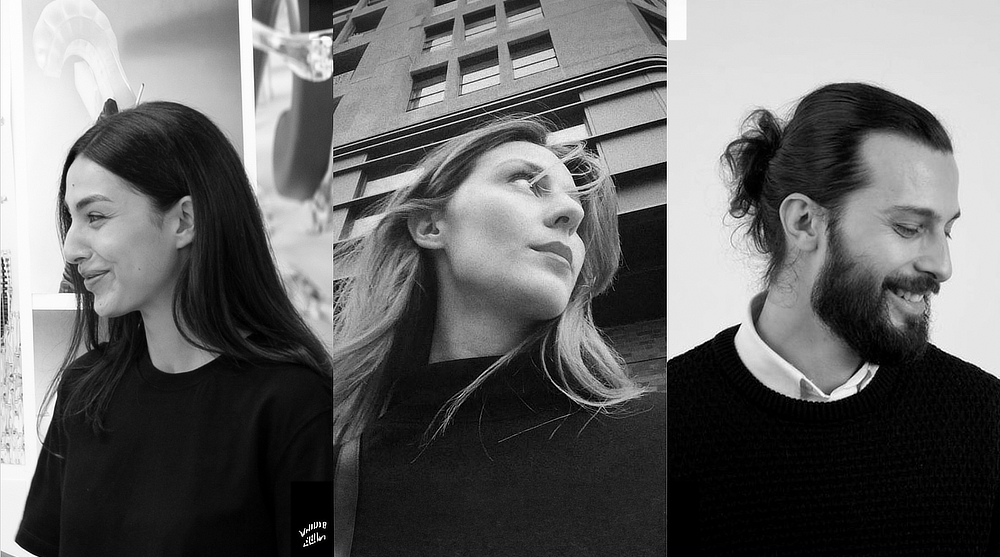
We participate in architecture competitions because they provide opportunities to engage with unconventional briefs, unique sites, and speculative futures—conditions and scenarios that may be less frequently encountered in commercial practice. We also find that they serve as a critical space for discourse, allowing us to contribute to global conversations on the evolving role and practice of architectural design, which we find invaluable for our continued development.
Read full interviewJury feedback summary
Loom integrates a multi-purpose pavilion, an amphitheater, and a tiered landscape into the existing urban fabric, drawing inspiration from the region’s architectural heritage. The pavilion, constructed with locally sourced timber and cellular polycarbonate glazing, is designed for exhibitions, workshops, and cultural events, with flexible partitions allowing for adaptable programming. Read more The amphitheater features organic seating arrangements that blend with the surrounding terrain, providing a venue for performances and community gatherings. A rainwater-fed fountain reconnects with the site's historical water sources, enhancing the public space while supporting sustainable water management. Circulation pathways are designed to improve accessibility and connectivity, ensuring a seamless integration with the surrounding urban environment. The project prioritizes ecological resilience, using natural shading, passive cooling strategies, and durable materials to create a sustainable and adaptable public space.

A beautiful and creative structure with a clear vision and beautiful landscaping.
Hildur Isdal / Buildner guest jury
Ísdal Arkitektúr, Iceland

A dynamic space that asserts itself through the vitality of lines and the innovation of forms, establishing its own character through a (somewhat high) degree of contrast with its surroundings, but which develops by harmoniously integrating the historic fountain within the axis of its composition and the distribution of site elements. The proposal to redesign the fountain requires further examination to ensure sensitivity toward the two historical layers - Ottoman and modern. The “third layer” with new attributes should be carefully adjusted to preserve the legibility of the existing layers while enhancing the monument’s significance.
Florina Jerliu / Buildner guest jury
University of Prishtina, Kosovo

A well-thought-out and coherent design that showcases a strong understanding of program, integrating innovative strategies with a thoughtful architectural approach. The project demonstrates careful consideration of space, material, and detailing, resulting in a refined and well-executed proposal. Its clear and compelling graphic representation further enhances the design’s impact and readability.
Sandra Baggerman / Buildner guest jury
Trahan Architects, USA
Buildner's commentary, recommendations and techniques review
Order your review here
This project is distinguished by a well-structured and consistent layout, maintaining clarity across all four sheets. A large focal image at the top of each page immediately draws attention, while supporting diagrams, text, and drawings are strategically placed to enhance readability. The presentation successfully balances variation and cohesion, preventing visual monotony. Read more However, the color balance could be improved with greater contrast, and the small font size makes extracting information at a glance more challenging. The diverse use of axonometric drawings, ranging from simple line work to detailed sectional perspectives, is particularly effective in conveying spatial relationships. Overall, the presentation is both unique and straightforward, demonstrating a thoughtful and organized approach.
-
8/10 Linework

-
9/10 Quality of drawings

-
9/10 Balance of color

-
9/10 Layout

-
10/10 Hierarchy

-
9/10 Annotation

-
8/10 Text

-
9/10 Clarity of story

-
9/10 Clarity of diagrams

-
9/10 Quality of overall presentation

Honorable mentions
The Culture Pavilion "cave"
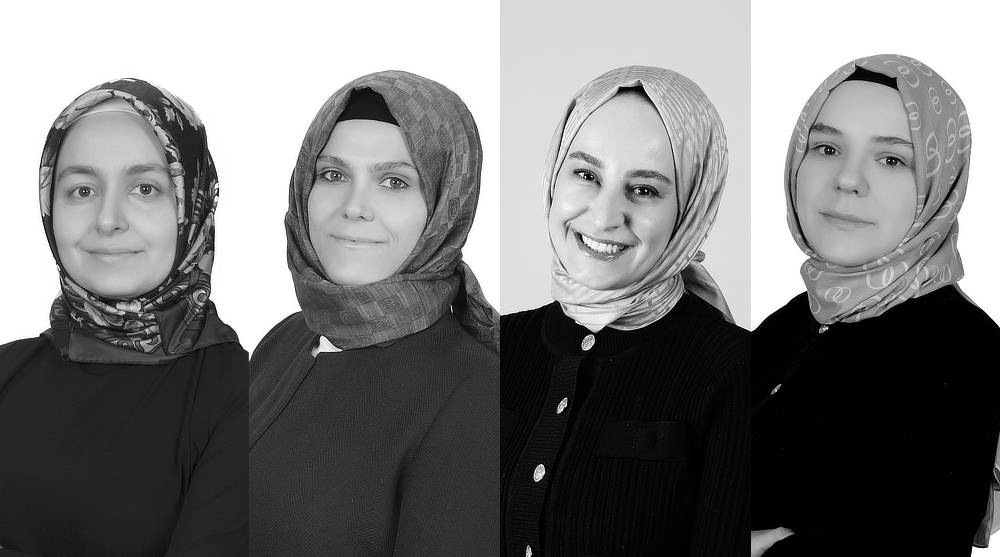
Through architectural competitions, we have the opportunity to create designs in diverse geographical and contextual settings.
Read full interviewAmong Trees and Water
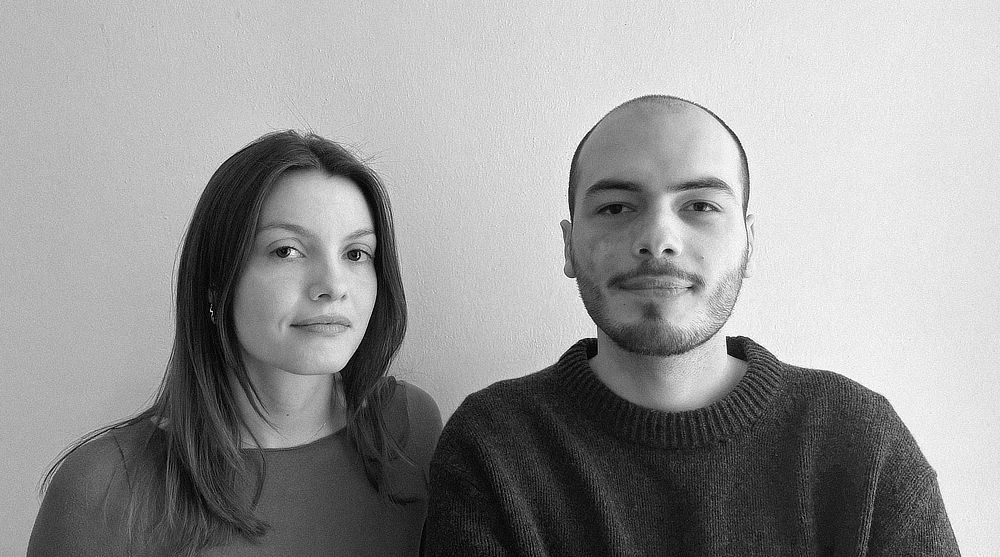
We view architecture competitions as valuable platforms for exploring a wide range of topics and addressing complex questions. They provide an excellent opportunity to experiment with new ideas and refine our design approach. By participating in these competitions, we can challenge our creative solutions against those of other participants, gaining new perspectives and insights. This process not only allows us to push the boundaries of our design thinking but also helps us broaden our vision, ensuring that we remain open to innovative concepts and continually evolve in our practice.
Read full interviewWater Serpentine
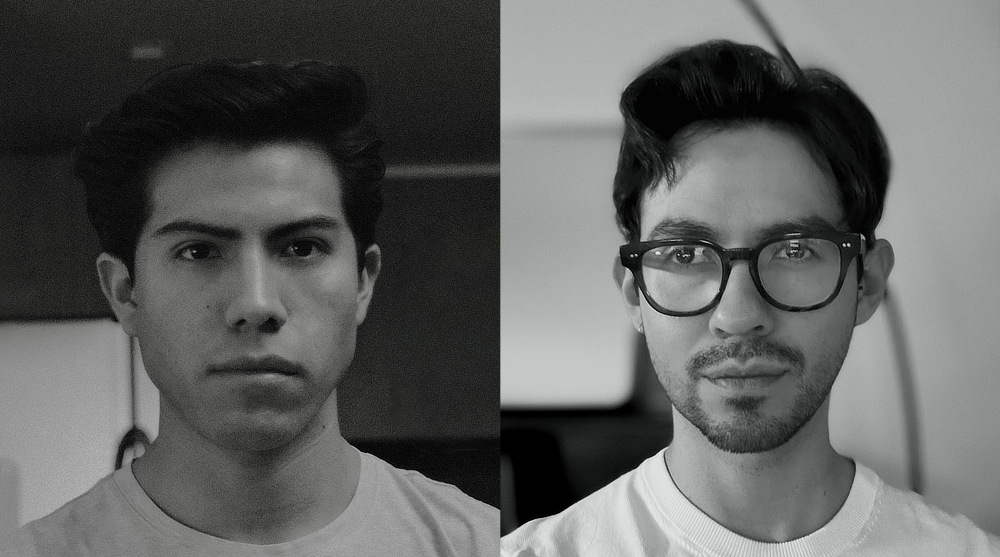
Architecture competitions are a gift to the imagination—a uniquely human quality that allows us to envision new spatial possibilities inspired by personal experiences, aspirations, and knowledge. Participating in these competitions serves as a mental stimulus, enabling us to channel optimistic and empathetic visions into projects. They provide an opportunity to explore and express sensory-driven architecture that resonates with human emotions and experiences.
Read full interviewdrop/ p
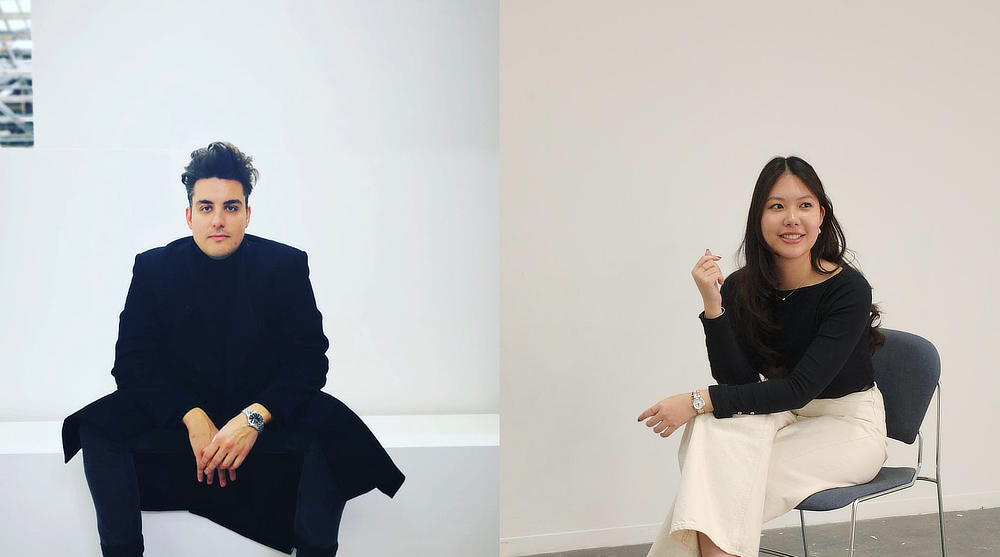
Because they can help the design evolution of an architect, also they are an excellent way to experiment new solutions an challenging ourself in different scenarios.
Read full interviewPeja Culture Pavilion

We participate in competitions because it's fun.
Read full interviewShortlisted projects
DETACHED
Universität Innsbruck - Campus Technik
+22 points Buildner University Rankings! Austria
Austria Morphê
University of Patras
+22 points Buildner University Rankings! Greece
Greece FIS
University of Prishtina - Hasan Prishtina
+22 points Buildner University Rankings! Kosovo
Kosovo Axes in Dialogue
Chubu University
+22 points Buildner University Rankings! Japan
Japan PEJA CULTURAL PAVILION
The Butterfly - A Celebrated Public Space
Bowling Green State University
+22 points Buildner University Rankings! United States
United States The Culture Pavilion "cave"
Trace
Universitatea de Arhitectură și Urbanism Ion Mincu
+172 points Buildner University Rankings! Romania
Romania Shifting Perspective
The Brickwave Pavilion
ENSAL - Ecole Nationale d'Architecture de Lyon, Ville de Lyon
+22 points Buildner University Rankings! France
France embrace
Pećwork: Weaving the Past into the Future
University of Ulsan
+22 points Buildner University Rankings! South Korea
South Korea 